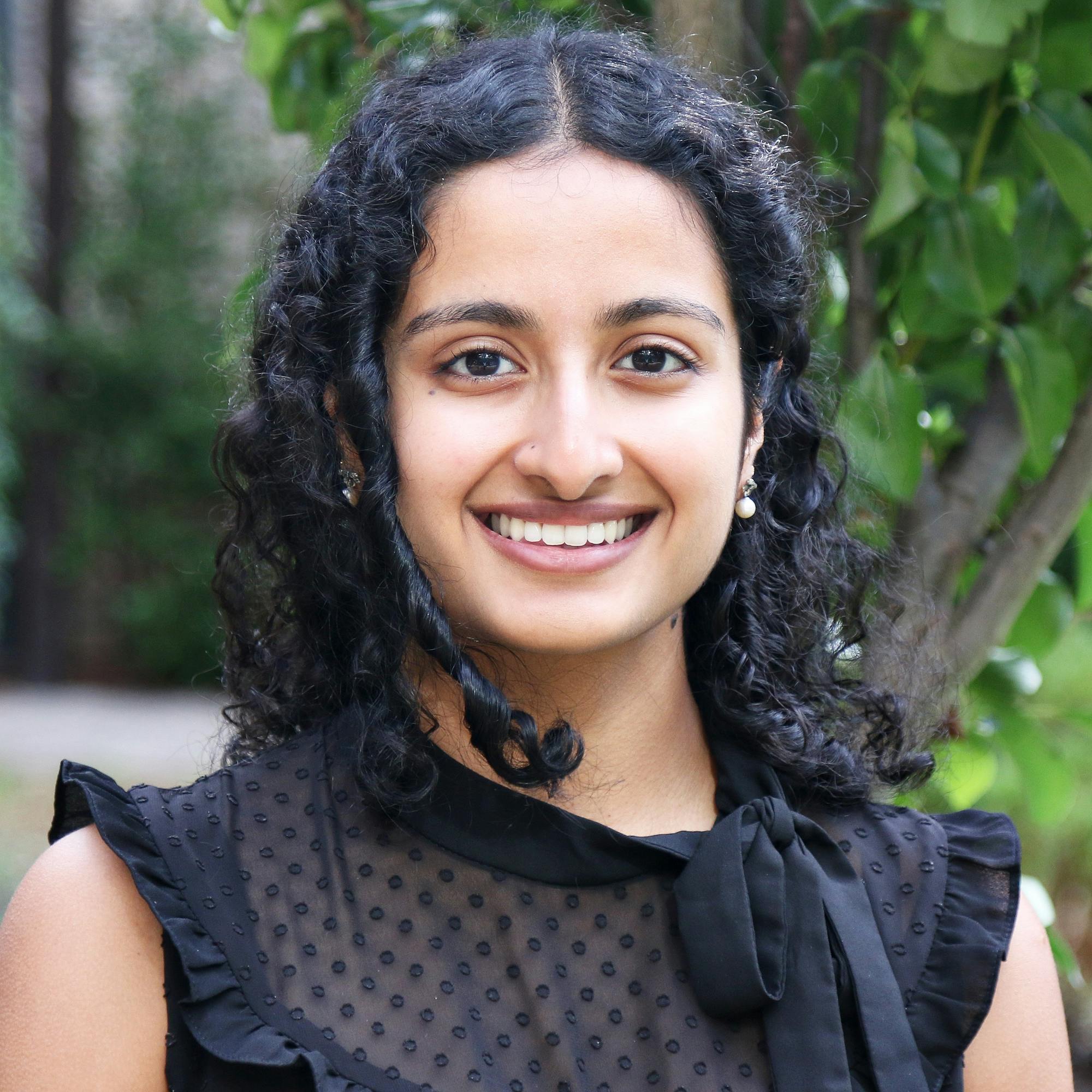University of WA student Pooja Ramesh will be named as an author of the research paper she worked on during her recent internship at the Gender Diversity Service (GDS) at Perth Children’s Hospital.
The 19-year-old Medical Sciences major said her McCusker Centre for Citizenship internship was an “incredibly unforgettable, fulfilling journey”.
Among her many tasks at the GDS, Ms Ramesh’s main responsibility was starting a literature review on bone health research within the trans and gender diverse (TGD) community.
Mental Health Senior Research Officer at the Child and Adolescent Health Service Cati Thomas said Ms Ramesh went above and beyond when it came time to present her review to members of the GDS team.
“Pooja worked quickly through her task and, even though we told her not to stress and to present us with an informal presentation, she went to the effort of putting together a very comprehensive and impressive presentation covering the review of bone health,” Ms Thomas said.
“We were incredibly impressed with her efforts and have invited her to be an author on this paper.”
Ms Thomas said the GDS had supervised a “steady influx” of the McCusker Centre for Citizenship’s interns over the last year, all of whom had made a helpful contribution to their projects and workloads.
“It's great to see so many bright students interested in learning about the experiences of TGD young people and committed to taking this knowledge with them,” she said.
“Interns are an asset to any organisation, I'm not sure where we'd be without them.”
Ms Ramesh, who is a Leeming resident who also lives on-campus at St Catherine’s College, also assembled clinical patient files of those who had consented to research participation and entered data into a longitudinal research platform for the GENTLE (GENder identiTy Longitudinal Experience) Cohort.
“My whole internship experience – from data entry in a research context to seeing the impacts of this work in a clinical setting – was extremely rewarding,” she said.
“I am grateful for the research opportunities I received to help address the lack of representation regarding gender diversity and the unique health concerns it entails.”
Ms Ramesh said she was impressed by the way in which the GDS strived for a “multidisciplinary, patient-centred approach” to exploring gender identity that empowers the young person and their family.
“This organisation works to eliminate barriers to accessing quality health care, providing these services in a sensitive and holistic way, and values research which is inclusive and explores issues which may be unique to TGD individuals,” she said.
“I was moved when I realised that my work could contribute towards making those futures possible in a way which the young person feels comfortable, confident and well supported.”

